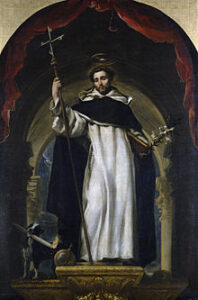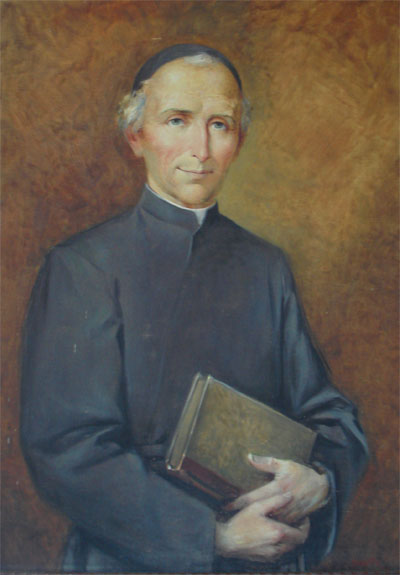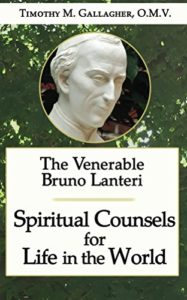Podcast: Play in new window | Download (Duration: 9:18 — 6.5MB) | Embed
Subscribe: Apple Podcasts | Spotify | Amazon Music | Android | Pandora | iHeartRadio | JioSaavn | Podchaser | Gaana | Podcast Index | Email | TuneIn | Deezer | Anghami | RSS | More

The Sacred Heart and Selfless Love – Building a Kingdom of Love with Msgr. John Esseff
Msgr. John Esseff reflects on the deep and transformative love of Jesus’ Sacred Heart. The invitation Jesus extends to unite our hearts with His, embracing love and its consequences, including suffering for the sake of others. Esseff explains that Jesus withholds certain material blessings if they hinder spiritual growth, aiming to cure self-centeredness and foster divine love.
True love involves giving selflessly, reflecting God’s eternal love, using examples like St. Francis of Assisi and the Virgin Mary, who embody this divine love.
Discerning Hearts Reflection Questions
- Union with Jesus’ Sacred Heart: How can I deepen my union with the Sacred Heart of Jesus and embrace the love and suffering that comes with it?
- Spiritual Blessings over Material Goods: In what ways might I be overly focused on material blessings, and how can I shift my focus to seek spiritual blessings instead?
- Overcoming Self-Centeredness: What self-centered tendencies do I need to overcome to truly live out divine love and serve others?
- Embracing Suffering for Love: How can I accept and embrace suffering as a way to grow in love and align myself more closely with Jesus’ heart?
- Following the Example of Saints: How can I follow the example of saints like St. Francis and the Virgin Mary in living out a life of selfless, divine love?
- Seeking Mary’s Guidance: How can I turn to Mary for guidance in understanding and embodying the heart and love of Jesus in my daily life?
Msgr. John A. Esseff is a Roman Catholic priest in the Diocese of Scranton. He was ordained on May 30, 1953, by the late Bishop William J. Hafey, D.D. at St. Peter’s Cathedral in Scranton, PA. Msgr. Esseff served a retreat director and confessor to St. Teresa of Calcutta. He continues to offer direction and retreats for the sisters of the Missionaries of Charity around the world. Msgr. Esseff encountered St. Padre Pio, who would become a spiritual father to him. He has lived in areas around the world, serving in the Pontifical Missions, a Catholic organization established by St. Pope John Paul II to bring the Good News to the world especially to the poor. Msgr. Esseff assisted the founders of the Institute for Priestly Formation and serves as a spiritual director for the Institute. He continues to serve as a retreat leader and director to bishops, priests and sisters and seminarians and other religious leaders around the world.

 A St. Teresa Benedicta of the Cross Novena for the Discerning Heart
A St. Teresa Benedicta of the Cross Novena for the Discerning Heart





 Friday of the Seventeenth Week in Ordinary Time – A Time of Lectio Divina for the Discerning Heart Podcast
Friday of the Seventeenth Week in Ordinary Time – A Time of Lectio Divina for the Discerning Heart Podcast Thursday of the Seventeenth Week in Ordinary Time – A Time of Lectio Divina for the Discerning Heart Podcast
Thursday of the Seventeenth Week in Ordinary Time – A Time of Lectio Divina for the Discerning Heart Podcast